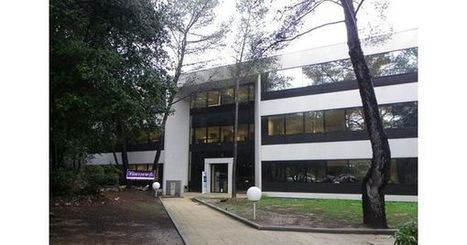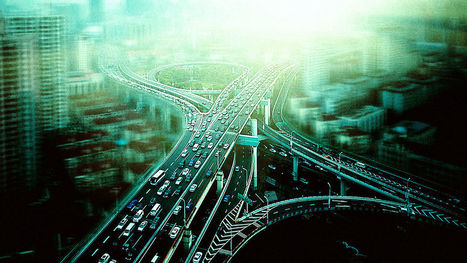How widely and how quickly will autonomous cars be accepted? As hard as it might be for an urbanite to imagine, many people love their cars. And if early autonomous vehicles cause a few well-publicized accidents, fear of the unknown could slow the trend, even to a halt.
Is owning a car factory an advantage or a disadvantage? In the minds of many from Silicon Valley, "Detroit" is a euphemism for inept. They believe the most important part of a car is its software, and they're probably right. But isn’t a century’s worth of expertise worth something? And don’t get carried away about Tesla: Last year it delivered 50,580 cars, approximately one-quarter of one percent of Detroit's output.
Is ride-sharing a commodity product? In Brooklyn, I can use a car-hailing app to get Uber, Lyft, Juno, or a taxi. I don’t see any significant difference between any of the services, each of which arrive quickly, charge similar fares, and offer clean cars and knowledgeable drivers. Selling a commodity tends to be a pretty awful business.
How long can ride-sharing companies like Uber and Lyft take a loss on many of the rides they provide, in their race to garner riders and drivers? "There’s never been a market as subsidized as this," one venture capitalist told me. "We’ll only know the winners and losers after that settles down."
Will governmental regulations slow or speed this transition? The environmental benefits of electric vehicles and fewer cars on the road are clear. Yet cities like New York, Austin, Berlin, and Paris have at different times threatened to strangle car-sharing with regulations. Look at the airline business: governments like regulating travel, for better or for worse.
What kind of "driver" or "passenger" insurance will be required? The average American driver now pays a bit less than $1000 per year for auto insurance. But who is responsible when driverless cars collide?
Will we continue to personally own cars, or will we instead have monthly subscriptions to companies that will provide all the rides we need? Subscription services seem likely, but if my current subscriptions—to companies like Time Warner Cable and Verizon—are any model, quality suffers and prices creep up.
Why is it so difficult to design a driver-friendly dashboard? Mapping services and accurate engine diagnostics are welcome additions to the information a driver can see, but more data has resulted in cluttered screens using interactive controls designed for phones or laptops. Steve Jobs understood that the user interface was the most important part of any consumer technology. Can Apple solve this problem?
Are Uber and Lyft drivers employees or contractors? This is an issue of short-term importance, but is caught up in a broader societal concern: How to define those who participate in the so-called ‘gig economy.’
Who has the most important leverage? The company that designs a car's software? The manufacturer? Or is it Uber, whose app is used by so many consumers? As with any nascent transition, it's hard to know what will emerge as the most important bottleneck.
Can any ride-sharing company become a truly international brand, or will local services trump those ambitions? Uber is losing billions of dollars trying to snare a leading market share in Asian countries. No one know exactly how much resistance it will face from governments that prefer local providers.
How strong are the network effects that Uber gains by being such a well-funded first mover? Benchmark VC Bill Gurley likes to point to this tweet as a key reason that Uber will continue to thrive. But if car-sharing has as much subsidization and government interference as the airline industry, will those network effects hold true?
 Your new post is loading...
Your new post is loading...
 Your new post is loading...
Your new post is loading...











